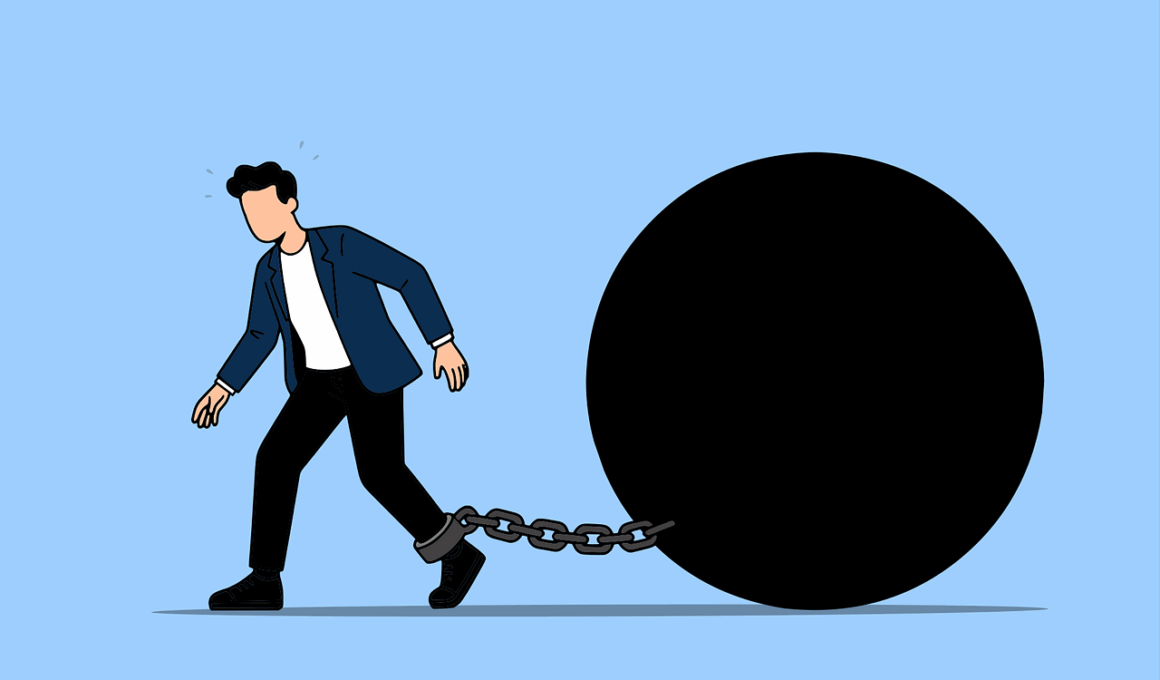How To Spot Deceptive Marketing Practices by Debt Relief Companies
When it comes to understanding debt relief, the first step is recognizing deceptive marketing practices common in this industry. Many companies promise immediate debt elimination or substantial reductions without clear, substantiated evidence. They often employ alluring language or complex jargon, designed to manipulate those in financial distress. Consumers must remain vigilant and look for red flags in advertisements and communications. Beware of claims suggesting unrealistic outcomes or guarantees, as the laws surrounding debt relief services prohibit these promises. Transparency is vital, and any reputable company will provide clear terms, including fees and services. Ensure they offer a thorough education on debt management, which can help you understand your options. Investigating the company’s background and reputation also plays a crucial role. Online reviews, ratings on platforms like the Better Business Bureau, and client testimonials can provide valuable insights into the company’s practices. Always verify if they disclose their legal rights and obligations. Many deceptive companies prioritize profit over consumer welfare. Thus, staying informed about your rights and options can empower you to make the best choices in seeking debt relief.
Key Warning Signs to Look For
The most concerning aspect of debt relief marketing is the common use of aggressive tactics aimed at instilling fear in potential clients. Companies may emphasize dire consequences if debts are not resolved urgently, leading individuals to make hasty decisions. Watch for phrases such as “act now” or “limited time offer,” which pressure consumers into signing contracts without thorough consideration. Furthermore, if a company asks for payment upfront before any services are rendered, that is a red flag. Legitimate debt relief organizations typically only charge after they have executed their services. Another significant warning sign involves promises of specific results, particularly those that are too good to be true. If a company states they can eliminate all your debts within months, consider this highly suspicious. They may obscure the complexity and duration of debt relief processes. Additionally, analyze whether the organization educates clients about different debt solutions. A trustworthy company should equip clients with knowledge about options like debt consolidation, credit counseling, or bankruptcy, empowering informed decision-making rather than offering flashy guarantees.
Moreover, deceptive companies often fail to disclose potential risks associated with debt relief strategies. Before choosing a path, clients should be made aware of the possible repercussions on their credit scores and long-term financial health. Be wary of companies that downplay these risks solely to gain business. A lack of transparency about their services and fees is another significant indicator. Always request a written agreement outlining the specifics of what you will receive for your payment. This agreement should cover all fees, timelines, and what results you can realistically expect. If a company is hesitant to provide this information or tries to rush you into signing, it’s time to reconsider. In addition, reputable companies should be willing to work with clients facing financial challenges rather than pushing a one-size-fits-all solution. Personalized strategies are more effective than generic promises and indicate a more responsible approach. Look for organizations that offer a free consultation to assess your unique situation before recommending a solution. Taking these precautionary steps will help you identify genuine debt relief services.
Education and Transparency
Consumers should seek debt relief companies that prioritize education and transparency in their communication. A reputable organization will work to ensure you fully understand not only the processes involved but also your rights and obligations as a client. They should offer clear explanations about the fees associated with their services and how these fees affect your overall financial situation. It’s a red flag if companies fail to answer your questions directly or provide evasive responses. Prioritize those that are straightforward about their fees and processes. Furthermore, consider evaluating whether the organization embraces a long-term approach to financial health. Debt relief should not be viewed as a quick fix; instead, it should initiate a broader conversation about managing finances. Responsible companies often extend their services by offering financial education workshops or one-on-one counseling that aids clients in avoiding similar situations in the future. Investing time in education helps clients develop strong financial habits, essential for sustainable well-being. If a company seems more focused on selling its services than educating its customers, it might be best to think twice about engaging with them.
Another important aspect to consider when assessing debt relief companies is their licensure and affiliations. Verify whether the organization is licensed to operate in your state and check if they belong to reputable industry associations. Membership in professional organizations, such as the National Foundation for Credit Counseling (NFCC) or the American Fair Credit Council (AFCC), can indicate adherence to ethical practices and professional standards. Inquire about the qualifications of their staff, as trained counselors are essential for effective debt management strategies. Additionally, read client testimonials and reviews, not just on their website but across independent platforms. Positive ratings can signal reputable practices and satisfactory results. However, take note if the majority of feedback appears overly polished or lacks specifics, which might suggest they are fabricated. An excellent approach to gauge transparency is to reach out for a consultation and evaluate the responses provided. A trustworthy company will encourage questions and provide comprehensive answers. Choosing a debt relief service shouldn’t begin or end with flashy marketing; substantial evidence of integrity and client-oriented practices is crucial in your search.
The Importance of Consumer Rights
Understanding your consumer rights while engaging with debt relief companies is crucial to protect yourself from deceptive practices. The Credit Repair Organizations Act (CROA) provides important protections for consumers, including the right to receive clear and detailed information about services, costs, and any risks involved. If you feel a company is infringing on these rights, do not hesitate to file a complaint with regulatory agencies like the Federal Trade Commission (FTC). It’s also advisable to familiarize yourself with the specific debt relief regulations in your state, as they can vary significantly. Many states have additional laws protecting consumers from fraudsters. Staying informed about these rights and regulations can empower you to challenge misleading practices when they arise. Moreover, an excellent way to ensure accountability is to seek feedback from others who have utilized similar services. Engaging with online forums can uncover insightful experiences and different perspectives, which might highlight potential pitfalls or reveal trustworthy organizations. Ultimately, embracing a proactive approach when searching for debt relief is essential for finding the solutions best suited to your individual situation.
Finally, building a sustainable plan for debt management is a proactive approach you can take even before relying on debt relief companies. Consider exploring alternative solutions like credit counseling or budgeting assistance. Reputable non-profit agencies often provide these services without the aggressive marketing tactics typically seen in commercial debt relief companies. Utilizing these resources can empower you to develop a better understanding of your current financial situation while avoiding falling victim to deceptive practices. Taking the time to establish a sustainable budgeting framework allows individuals to take back control over their finances rather than feeling overwhelmed by options that sound too good to be true. Implementing consistent payment strategies and prioritizing debts can lead to significant improvements in your financial health over time. Additionally, always seek support from trusted professionals who prioritize your well-being and financial literacy over profit. The bottom line is that with the right tools and information, achieving debt relief becomes feasible through legitimate means, leading to long-term financial stability rather than a financial mirage that falters due to unrealistic expectations.






